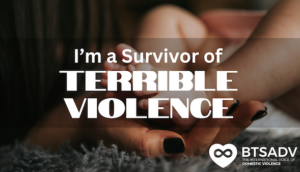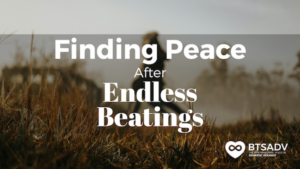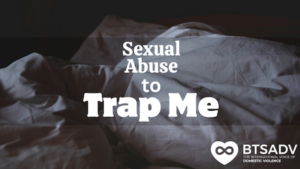How can you tell if you have a strong relationship with the new person you are dating? After all, your abusive situation left you feeling unsure, doubtful, fearful, and hesitant. You became accustomed to second-guessing yourself at every turn. So how can you trust that you are in a strong relationship now? What does being in a strong relationship even mean?
Abusive relationships are fraught with intimidation, fear, verbal attacks, threats, and even physical violence. Strong relationships are very much the complete opposite of that.
What it looks like
Strong relationships have a foundation of mutual trust and respect, honesty and communication, compromise, and safety.
How can you tell if the person you are dating is saying and doing healthy things to lure you in? How do you know this person won’t be like the last? It’s about consistency. Your new relationship will be consistent, meaning it will give you these following things in the same manner, in the same way, over and over:
- Time – Your new partner won’t rush you into anything. They will give you the time you need to feel comfortable and safe.
- Space – Your new partner won’t want to keep tabs on you or want to be around you all the time. They will give you the space you need to have alone time and will also want you to spend time with family and friends.
- Privacy – When I was in my situation, I was rarely, if ever, given privacy. He felt that my time was his time. Your new partner will respect the fact that you need your privacy and realize that you need your own time.
- Patience – Your new partner, won’t lose their cool over you asking for room to grow comfortable in this new relationship. They will provide ample time and space. According to Psychology Today, “partners in a healthy, loving relationship extend each other a basic common denominator of patience that allows for peace, flexibility, and support when one person is having a bad day or is not at their best.”
- Voice – Your new partner, will encourage you to voice your thoughts, opinions, and feelings. This was a big one for me, at first. I was terrified of sharing my thoughts because I felt that everything would be ridiculed and dismissed like I didn’t matter. Your new partner won’t ridicule you or dismiss your words. Strong relationships provide plenty of moments for you to share who you are and what you’re about without fear of retaliation or deliberate dismissal.
- Appreciation – In a strong relationship, both partners will be equally appreciative of the things they do for each other. Simply saying “thank you” to your partner will go a long way when they do something kind and loving for you.
Ultimately, you feel safe
Above all, in addition to all those things listed above, you will feel safe, both physically and emotionally. You can rest knowing that you will feel comfortable enough to open up emotionally with your partner and not have what you say be used against you later. Physical safety may be the number one factor for so many survivors for one reason: If you can’t feel safe in a relationship, how can you possibly entertain the other factors?
A Look At My Relationship
The first relationship I was in after my situation didn’t last long, but it was a stepping stone in my healing journey in the most important way imaginable. It taught me two very important things – that I was worthy of love, and that I could love another again.
Then when I began dating my now-husband, I found all those above qualities and more. I found that we can disagree and it didn’t need to turn violent. Healthy relationships are about finding common ground, mutual understanding, and work out issues to the satisfaction of both of us. Healthy relationships are about give-and-take, whereas abusive relationships are all about power and control. You won’t see that power and control dynamic in a healthy and strong relationship.
Even the small things can make a relationship strong. And sometimes these small things, like saying “please” and “thank you,” taking out the garbage, or offering to buy dinner one night, can wind up being big things to a domestic violence survivor. The list of those “small things” is endless.
Photo Credit: Tim Mossholder, via Unsplash









